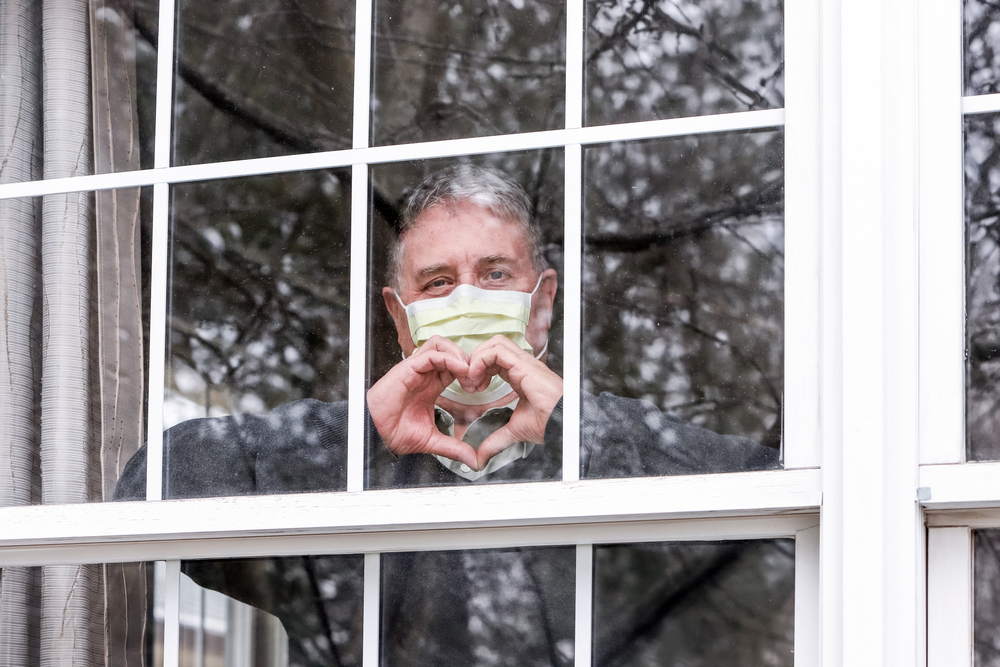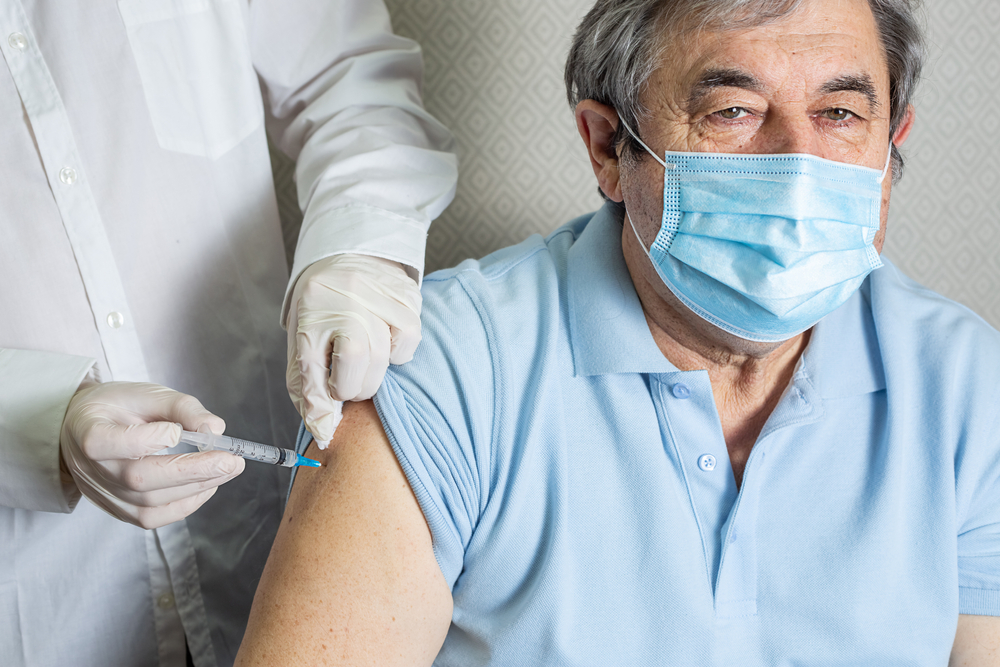People all over the world are worried about being infected with COVID-19. Statistics have shown that older adults aged 65 years and above are at a higher risk. The risk is even higher for older adults who live in care facilities since the rate of coronavirus transmission is much higher.
Note that by higher risk, we mean seniors are more likely to become critically ill and die due to COVID-19 infection. Although younger people can still catch COVID-19, their chances of hospitalization and death are much lower except in cases where the patient has health issues, e.g., high blood pressure, diabetes, or heart disease. Most young people have mild flu-like symptoms. Some don’t have any symptoms at all.
Young and older adults alike should take the necessary precautions to avoid catching COVID-19. SARS CoV-2 infections have serious symptoms that can lead to hospitalization or death.
This article discusses the relationship between old age and the coronavirus. We will look at the reasons why seniors are at risk and how to protect them against infection.
Why seniors are at a high risk
As mentioned before, seniors are likely to become critically ill or die due to COVID-19. These are the three main reasons why seniors are more vulnerable.
1. They have a weakened immune system.
As people grow older, their immune system weakens. This explains why seniors have harsher symptoms even when they catch a cold. Likewise, seniors will get sicker from COVID-19 since their immune system isn’t effective enough to fight off the virus. Therefore, they are at a higher risk of hospitalization and death.
2. Underlying health issues
Most seniors have underlying issues that healthcare practitioners consider risk factors. They include: lung disease, diabetes, and heart disease.
Additionally, seniors who have undergone treatment for renal failure, cancer, liver disease, and high blood pressure are at a high risk of getting infected with the coronavirus.
3. Stress
Even though they may have limited interaction with other people, the dangers of the coronavirus pandemic can be quite stressful for seniors. Additionally, since seniors are vulnerable, they are likely to become stressed over possible infections. Stress can harm seniors’ immune systems, which makes them even more vulnerable.
How to protect older adults
Since the COVID-19 case is still prevalent, there is a need for us to protect older adults. The best way to go about this is to minimize interaction as much as possible. Older adults should only leave their homes if it is very necessary. However, limited interaction in and of itself, can cause stress because staying active and entertained is important to their well-being.
Here are a few pointers on how you can protect seniors so that they remain healthy.
Take the necessary precautions
If you are a caregiver, you need to take the necessary precautions to avoid getting infected with the virus. These are some of the basic things you can do to stay safe:
- Avoid crowds.
- Use soap and water to wash your hands frequently, including before and after taking care of older adults. Don’t touch your face.
- Sneeze or cough into your elbow or disposable tissue.
- Clean surfaces that people touch frequently.
- Clean the medical equipment that older people use, including wheelchairs, canes, handrails, and walkers.
- Wearing masks at all times.
Maintain social distance
Older adults have a higher risk of contracting COVID-19. Therefore, it would help if you lowered the risk by limiting your interaction with them.
Limiting interactions doesn’t necessarily mean that you keep them isolated. Remember that loneliness can harm older adults’ mental health and immunity.
Check on them now and then without necessarily interacting with them through calls and social media.
Use technology to keep in touch
We all know that it can get rather lonely during this period. With minimized physical interactions, older adults will likely feel lonely. It would help if you taught them how to use technology to stay in touch. You can do this by:
- Showing them how to use tablets, laptops, and phones to video chat with their loved ones.
- Install apps that automatically generate captions for those with hearing difficulties.
- Encourage their loved ones to call, or video call older adults so that they don’t feel lonely.
Ensure they are vaccinated
COVID-19 vaccination plays a major role in reducing the risk of infection. The Center for Disease Control and Prevention recommends that older adults above 65 years of age get the COVID-19 vaccine. A recent peer reviewed study revealed that older adults who received the Moderna or Pfizer vaccine have a 94% reduced risk of being hospitalized due to complications related to the coronavirus.
According to the Centers for Disease Control and Prevention, the COVID-19 delta variant, spreads faster and causes more infections than the earlier variants. Those infected with the delta variant are at a higher risk of hospitalization and death.
Therefore, unvaccinated people should consider getting the vaccine as soon as possible. Fully vaccinated people are half as likely to contract the deadly delta variant. Additionally, they are less likely to infect other people.
Older adults should also consider getting booster shots to strengthen their immunity. This way, their immune system can more easily fight off infections.
Keep them occupied
It would be best to keep older adults entertained as they stay indoors. Buy them entertainment items like crossword books that will keep them occupied for an extended time. Stay away from board games since they involve a lot of contact. You could also keep them entertained with movies.
Monitor them for symptoms
It would be best if you always were on the lookout for any COVID-19 related symptoms. At the same time, tell seniors to inform you if they notice symptoms like shortness of breath, coughs, or fever. If they don’t have any symptoms, do not take them to the hospital. Minimize hospital visits as much as possible.
If the older adult has coronavirus symptoms, call a healthcare provider. Do not rush them to the ER unless the difficulty in breathing is severe. The healthcare provider will give you instructions on what to do next.
Conclusion
Seniors are at a higher risk of contracting the COVID-19 virus due to their weak immune systems, underlying conditions, and stress. Therefore, you must protect them at all times. Use the tips we have shared above to ensure that they stay healthy, happy, and entertained.
John is a highly respected and seasoned C-level sales, operations and general management executive, with decades of proven success in growing sales and profits while vastly improving operational disciplines.








